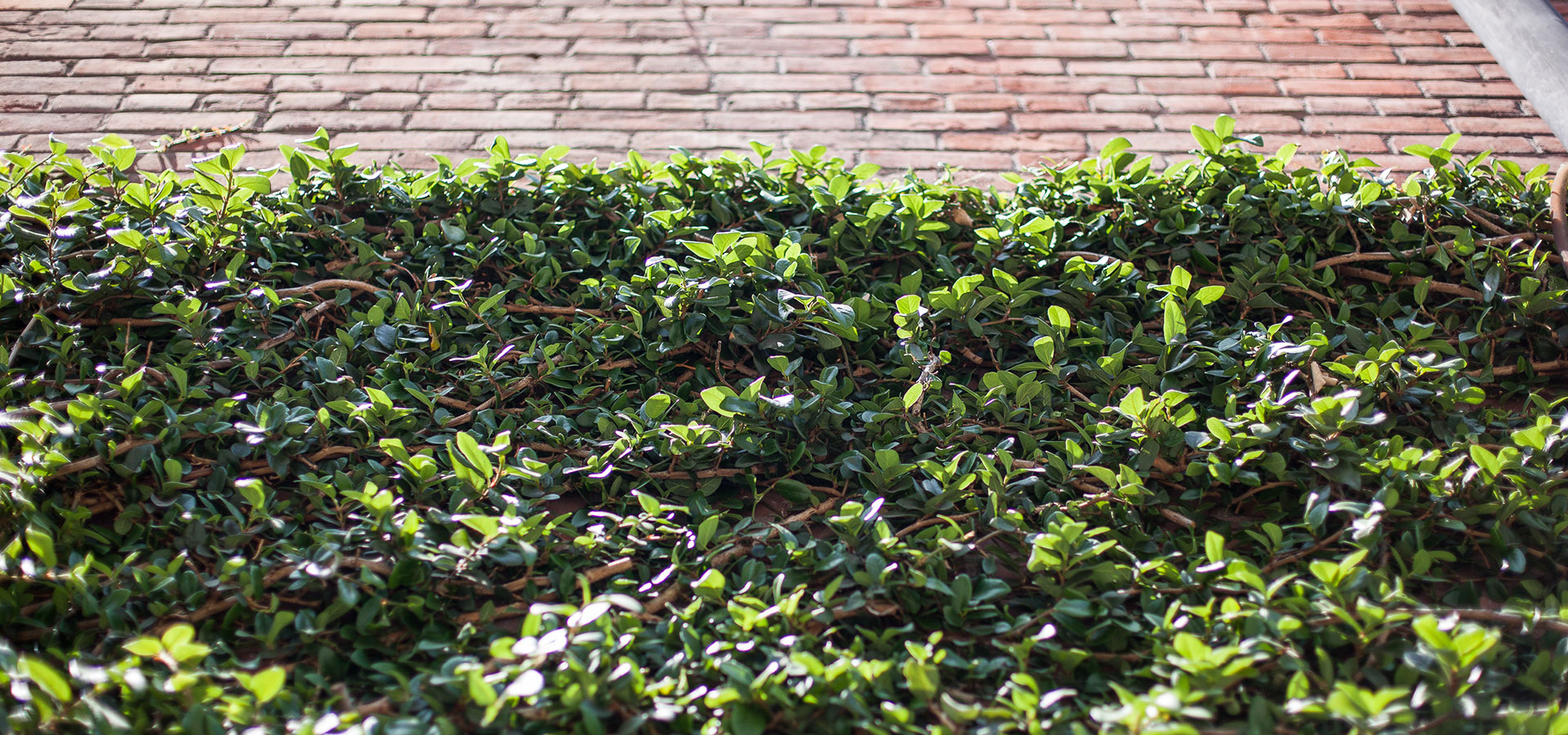
An Interview with Rachel Goble of The SOLD Project
We recently stumbled upon The SOLD Project and were greatly inspired by the mission of the company, and wanted to know more. Rachel Goble is one of the co-founders of The SOLD Project, which aims to prevent child prostitution through education by providing scholarships and resources to children at risk in Thailand. Aware of the immense passion of this project, we wanted to learn and share Rachel’s story.
What influenced you to co-found The SOLD Project?
When I heard about human trafficking, I had a similar reaction to what yours probably was: I was horrified, especially when I learned that children were involved. This sparked my passion to understand this issue and contribute in whatever ways I could. My journey started with volunteering in Los Angeles, and shortly thereafter traveling to India to research and understand what was happening on a deeper level.
While traveling in India, there was one story that really moved me. During my volunteerism with Oasis International, we went on outreach to a local brothel in Mumbai. We walked up sets of stairs to a narrow hallway lined with rooms. Each of these rooms contained a waiting area, which housed multiple doors that opened to bedrooms. This was where the women slept, as well as where they took customers. I met with a couple of the women in one of the waiting areas and it was in this context that she shared her feelings of helplessness; that she was stuck. There were no bars, no chains—nothing like we see in the drama-filled movies. But there were bars and chains in her mind that kept her there, unable to leave and start anew. I realized then that prevention was my calling, so that no person should ever get to a place in their life where they’ve lost hope and feel as stuck as this woman did. From then on, my focus was on understanding how to help stop it before it began.
Child exploitation is a tough subject to talk about. Where and how do you start?
I think it totally depends on who you’re talking to. Some people are really uncomfortable with this harsh reality and want nothing to do with it, while others are already educated on the topic and want to know more. I gauge what I share accordingly.
What would you say to other young documentary enthusiasts and social-venture entrepreneurs to encourage them to pursue their passions?
I would tell them that the power of a story is something that can break a lot of boundaries. Recognizing the influence that you can have on changing both culture and perceptions through film is something to take very seriously. If you’re passionate about a topic and you feel that film is the most effective media to bring awareness to that topic, then the first thing you must do is to understand what your core values are in the storytelling process and to hold on to them and not let go. When working with a team, it’s easy to get sidetracked with others’ opinions because there is no right or wrong—especially when pursuing the creative track. For this reason, knowing what your non-negotiables are in your values is very important. I believe that any time we are operating with the skills we’ve been blessed with, good things will happen.
What’s the best advice you’ve ever been given?
The best advice I have ever been given is to be rooted in love, and to act out of that place. When you’re living out of a place where you’re rooted in love, your work and relationships are stronger, and your ability to roll with the failures and successes becomes a journey in life rather than just the black and white of success or failure. The other part to that is getting to know yourself and being okay with who you are as a person. Because we live in a world where we are constantly trying to conform, I have found that I, my work, and my relationships are more authentic, and therefore stronger as a whole, when I know who I am. And, I know who I am best when I am rooted in love.
Can you tell us what values you operate by as a company?
- Relationships
- Transparency
- Responsible stewardship
- Decisions made in the best interest of the children
- Sustainability – We work within the community, recognizing the fact that for long-term change to happen it has to be an entire community responding
- Positivity
- Open to helping all people; help not based on or restricted by any gender, religion, race, etc.
- Inspire – We seek to inspire one another
- Adaptability – Remain flexible to the needs; we are learners
Where do you turn for inspiration?
Many different places: my friends first and foremost; surrounding myself with crazy people who have big visions and big ideas and don’t know what it means to be boxed in or limited is extremely inspirational to me. I’m also a sucker for inspirational quotes like this one by Ernest Hemingway: “Live the full life of the mind, exhilarated by new ideas, intoxicated by the romance of the unusual.”
What reactions has The SOLD Project received from communities?
The SOLD Project works in a small community in Northern Thailand just outside of Chiang Rai, Thailand. When we first began five years ago, we started with giving a scholarship to a single girl named Cat—her story inspired us to recognize the hope and possibility of a program focused on prevention. The community had, up until this point, been exposed to a handful of NGOs that had come through and caused more harm than good, so we knew as an organization that trust would take time to build. Because our Thailand director is from the community that we work in, there was instantly a natural connection to the work and services that we were interested in providing based on the needs that we saw. Now, five years later, the community has not only embraced our work but has taken ownership of maintaining the facilities. The parents of our students view our staff as leaders and mentors to their children and often come to us for advice. Overall, the relationship between the Freedom Resource Center and the community has become a cohesive unit. The biggest lesson that we have learned, and I believe the community has as well, is that we need each other.
What is the most meaningful story you’ve heard along the way?
The most meaningful story I’ve heard along the way is featured in the film that I’m now working on, which comes out this month, so stay tuned… The short story is that earlier this year we got to personally witness that prevention does in fact work, as featured in a predicament with one of our students getting solicited by a trafficker.
What is the best thing about your career?
Being able to do what I love, while knowing that it does greater good in the world. My favorite part of my job is being the bridge between the issue and people interested in learning about it. And I’m able to practice what I love to do along the way, including filmmaking, storytelling, and leading trips. I also enjoy the community my job brings, because this is an issue that so many people can play a role in, and I find great joy in showing people how their skill sets can help to prevent and stop human trafficking. And sometimes I even like the accounting tasks.
What is the hardest part about your career?
One of the most challenging parts of my career is hearing stories about students we provided opportunities and resources for have made choices that we know will lead them down a bad path. It’s similar to when a parent works so hard to teach their children good values that will lead them down a positive road and becomes heartbroken when they make decisions that take them elsewhere. You want the best for those you love, especially when you see their infinite potential, and it’s heartbreaking when they choose otherwise.
The harsh reality that as good as any non-profit, parent, or person is, you’re still working with people and there is always an element of vulnerability and unpredictability.
What is the most interesting thing about your career?
Complete freedom to be creative! Take for instance our newest video, Travel With Us. When thinking about how to express the mission and the vision of what The SOLD Project stands for, there are so many ways in which that can be encompassed. This allows for our team to reflect internally about what is at the heart of prevention as well as what taps into the hearts of others to draw them into the cause.
And it was so much fun to work on the Freedom photography series alongside the film as a creative way to raise funds for the work that I so strongly believe in. Opportunities like this never cease to present themselves as long as I’m willing to open myself up to new ideas, and to keep dreaming and creating.


Uncommon Person: Chad Hutson

Our Internal Learning & Impact at Bulldog Drummond

The One Decision by Employers in 2021 that Means Everything

What I Wish I Knew

Standing Up Inside

Uncommon Person: Gregg Imamoto

Five Things Every Company Should Know about ESG

Redefining Value

Uncommon Person: Chris Baréz-Brown

It’s Time For A Whole Lotta Common Good

Did You Choose Humanity?

Uncommon Partnership: Violux

Here’s How

Uncommon Person: Santhosh Nair

Designing Strategy For A Complex World

Responsibility & Relevance for Brands

